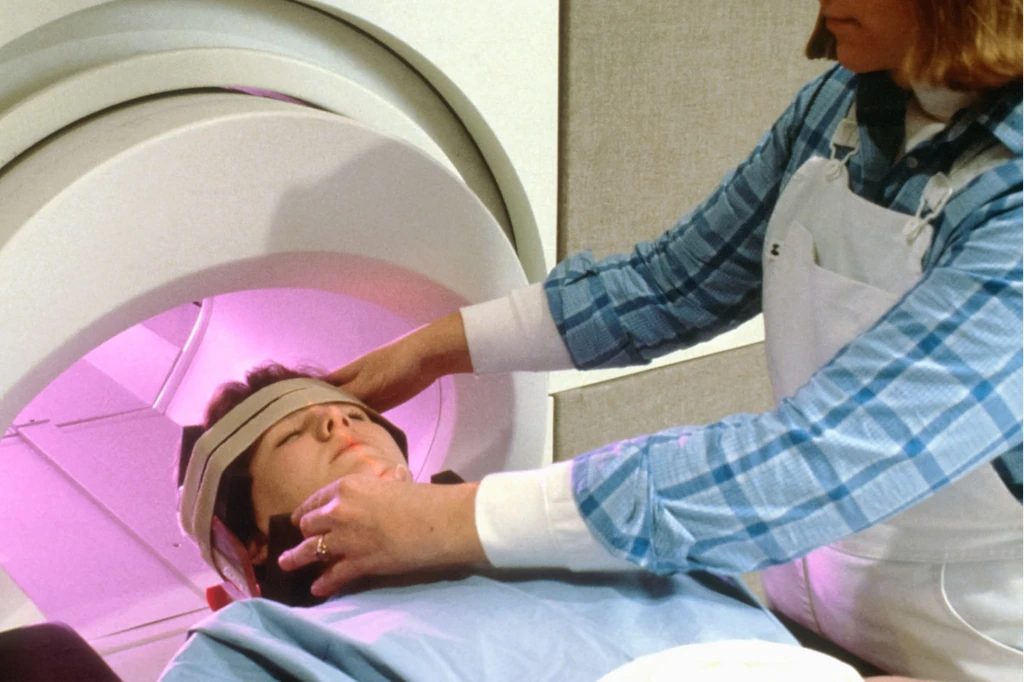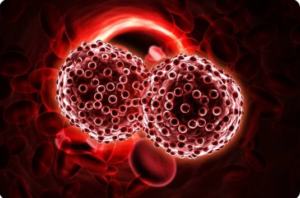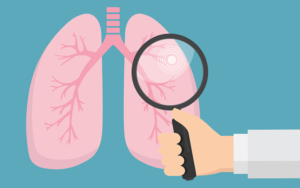Head and neck cancer is a type of cancer that can occur in any part of the head or neck area, including the lips, tongue, throat, voice box (larynx), salivary glands, nose, and sinuses. Carboplatin is a chemotherapy drug that is often used to treat head and neck cancers. In this blog post, we will discuss the effectiveness of carboplatin for head and neck cancer.
What is Cisplatin?
Cisplatin-based chemoradiotherapy is the standard treatment for patients with locally advanced squamous cell carcinoma of the head and neck. Additionally, it is also used to treat other cancers like testicular, ovarian, bladder, lung and cervical cancer. This treatment is the gold standard chemotherapy used along with radiation in head and neck cancers.
However, certain types of patients may not be able to tolerate cisplatin. These include elderly patients (>70 years of age, patients with poor general health, severe hearing loss etc.). Such patients can be offered carboplatin as an alternative, as it has lesser side effects than cisplatin. However, the efficacy would be slightly lesser as well.
What is Carboplatin?
Carboplatin is a derivative of cisplatin; it has a similar mechanism of action but differs in terms of structure and toxicity. Carboplatin is a chemotherapy drug used to treat a variety of cancers like ovarian cancer, lung, head and neck, endometrial, esophageal, bladder, breast, and cervical, central nervous system or germ cell tumors; osteogenic sarcoma; and as preparation for a stem cell or bone marrow transplant.
Effectiveness of Carboplatin
It works by killing cancer cells and disrupting their ability to grow and divide. Carboplatin is typically given as an infusion or intravenous (IV) drip over several minutes or can be given intraperitoneal, directly into the peritoneal cavity in the abdomen. The drug is then excreted from the body through the urine. While carboplatin is generally well-tolerated, side effects can include fatigue, nausea, and vomiting. But, overall, carboplatin is an effective chemotherapy drug that can help improve outcomes in patients with cancer.
Carboplatin is a chemotherapy drug that attacks cancer cells and stops them from growing. Carboplatin is typically used to treat head and neck cancers that have spread to other parts of the body (metastatic head and neck cancer). However, in some cases, carboplatin may also be used to treat head and neck cancer that has not spread (locally advanced head and neck cancer).
Similarities and Differences
Carboplatin and cisplatin are both chemotherapeutic agents used to treat cancer. They are similar in many ways, but there are also some critical differences between the two drugs. Both carboplatin and cisplatin bind to DNA, causing damage that interferes with cell division and leads to cell death. However, carboplatin contains a platinum atom bonded to two glucose molecules, while cisplatin contains a platinum atom bonded to two chlorine atoms.
This difference in chemical structure leads to some different side effects. For example, carboplatin can cause more gastrointestinal side effects such as nausea and vomiting, while cisplatin can cause more neurological side effects such as tingling in the extremities. Nevertheless, both drugs are generally considered to be equally effective in terms of efficacy. The decision of which drug to use is typically based on the side effect profile and the patient’s individual medical history.
The effectiveness of carboplatin for head and neck cancer varies depending on the individual case. In general, carboplatin is most effective when combined with other chemotherapy drugs. When used alone, carboplatin has been shown to shrink tumors in about 50% of cases. However, the side effects of carboplatin can be severe, and the drug is not effective in all cases.
If you or a loved one has been diagnosed with head and neck cancer, it is essential to discuss all treatment options with a qualified healthcare professional. For example, carboplatin may be an effective treatment option for some people with head and neck cancer, but it is not suitable for everyone.





